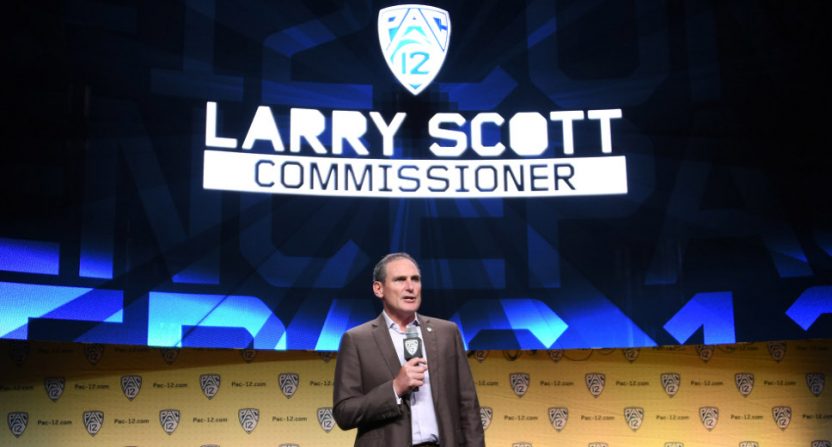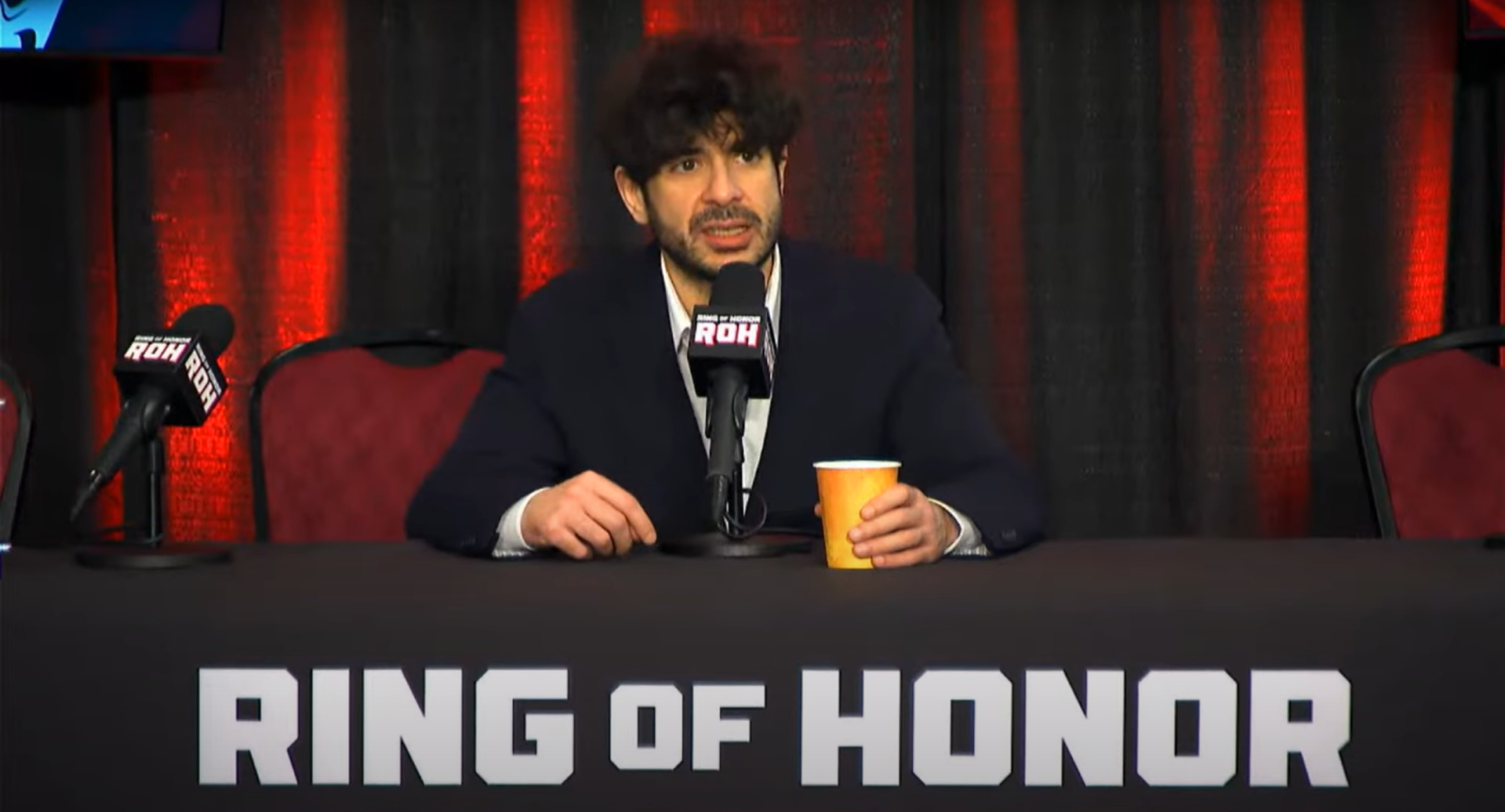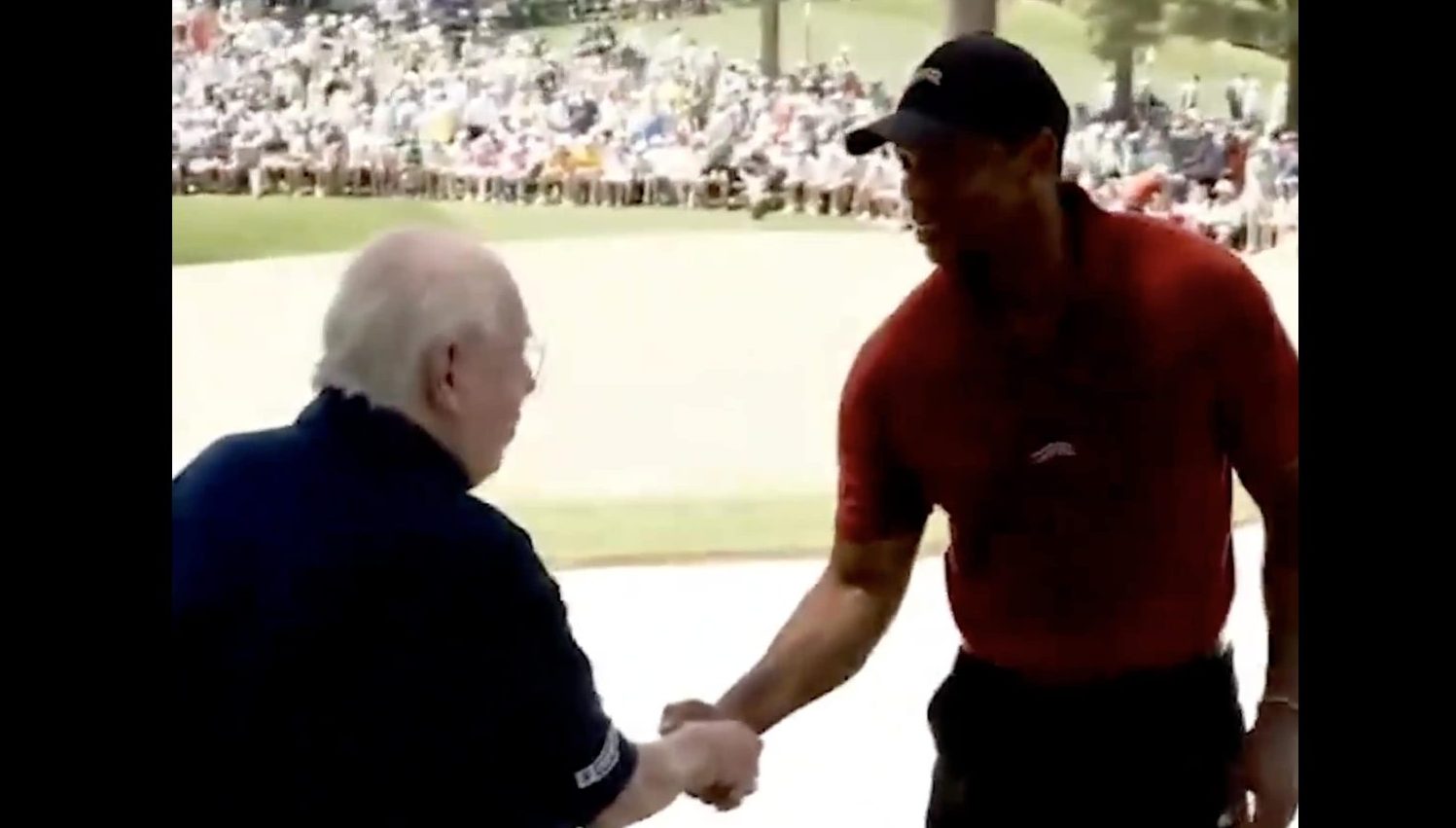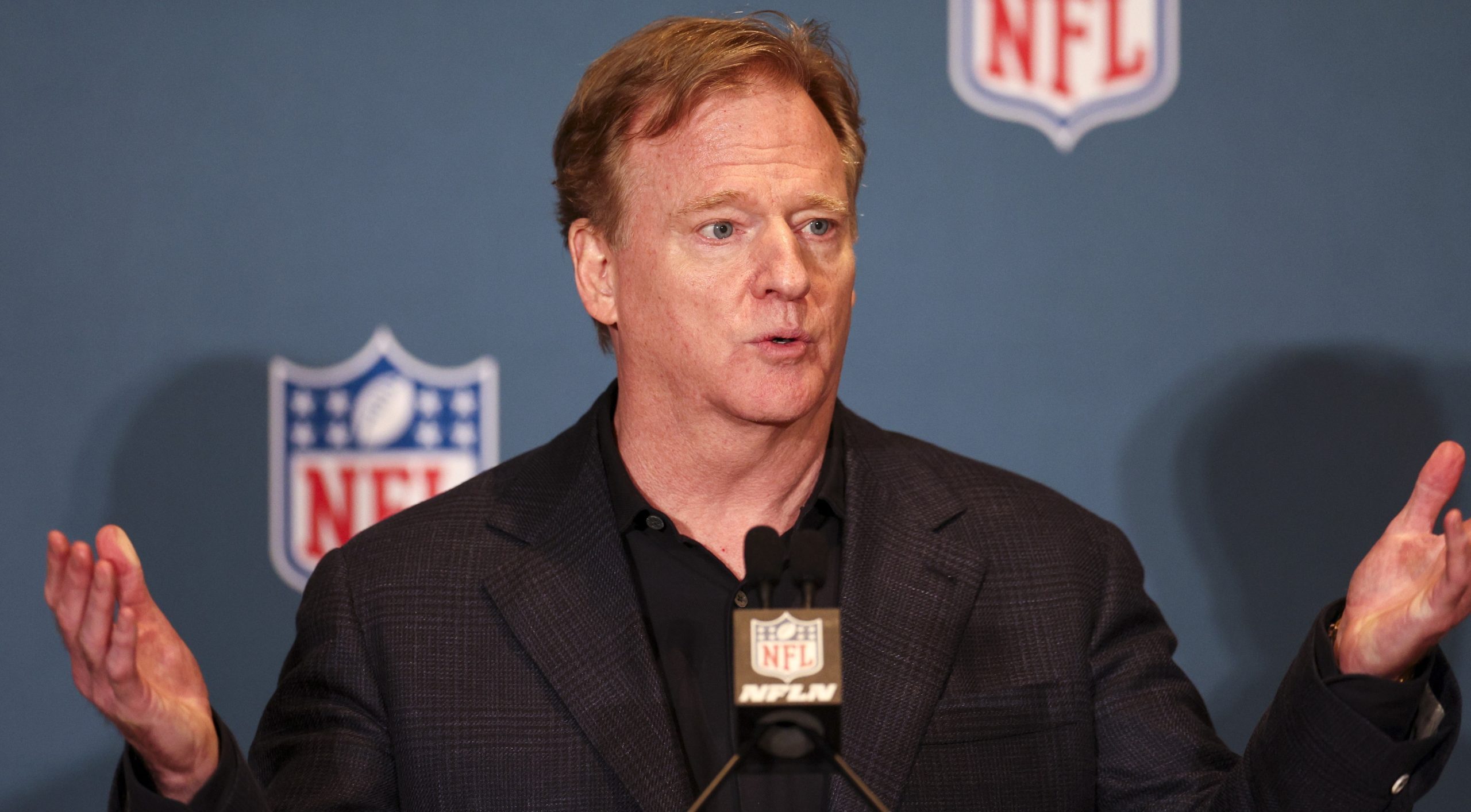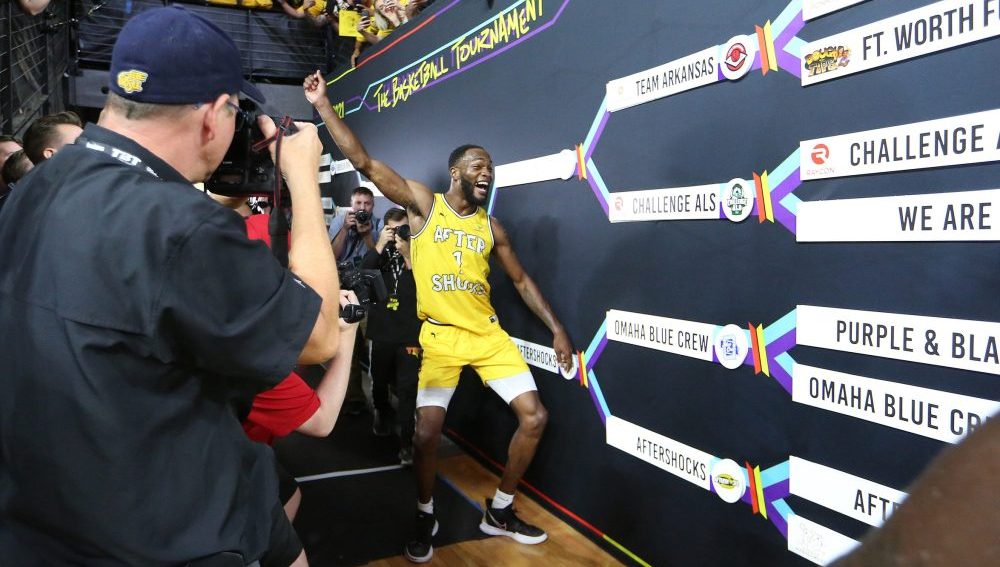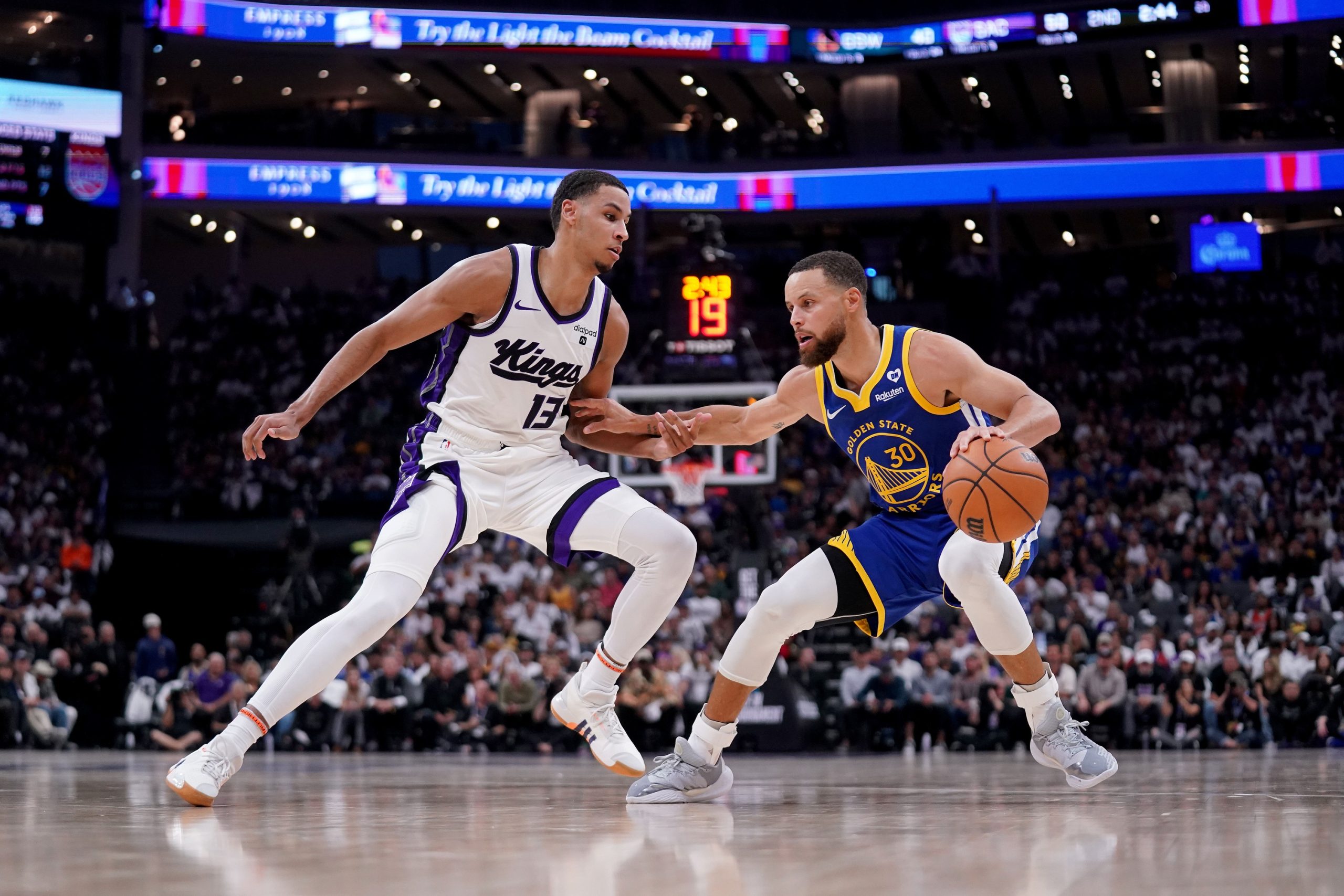It must not be easy being Pac-12 commissioner Larry Scott. While other conference networks have taken off at light speed, it seems like the Pac-12 Networks are stuck in a different time. The networks’ distribution isn’t the same as their Power 5 brethren, and they’re probably as far away from getting on DirecTV as ever before. On the bright side, at least Scott didn’t sell his soul and add Rutgers to get the networks on in New York City or anything.
And when it comes to the conference’s major rights deals, the Pac-12 still can’t escape controversy. The conference’s late night window on ESPN has caused much consternation within the league and its fans, featuring nationally televised games on after 80% of the country has already watched 12 hours of football and passed out on the couch.
Those late night games have even spawned a years-long feud between the University of Washington and ESPN, which is one of the more bizarre soap operas in sports media history.
In spite of it all, though, Scott is trying to keep the ship steady. And in comments this week, he defended the late night kickoffs as a way to get the league national exposure it hasn’t been able to get before.
Via OregonLive.com:
“It’s clear that for certain fans, that’s a real irritation and it’s a concern for our athletic departments because we do get a significant amount of negative feedback about the start times,” Scott said Saturday prior to Oregon State’s matchup with Arizona. The 53-year-old Scott has been the conference’s commissioner since 2009.
A season ago, Scott said 24 of the Pac-12’s 80 conference games had local start times of 7 p.m. or later. He did not give an estimated figure for 2018.
“The reason we play almost a third of our games at night is that was a way to unlock significant value from television in our last negations,” Scott said. “ESPN and Fox placed a high value on us giving them a little more flexibility and being willing to play more night games.”
The Pac-12 is the only Power 5 conference with schools in the Pacific time zone. Late starts are a way to avoid competition for eyeballs with the SEC, ACC, Big Ten and Big 12.
“We essentially extend their day,” Scott said. “We give them a whole other window of high-quality, highly rated games. … Playing more night games than we did in the past unlocked the kind of value our schools were looking for.”
Even though it has created controversy, you can understand where Scott and the conference is coming from. It’s such a crowded landscape throughout the day given the existing relationships between the Power 5 conferences and the major networks that it’s hard to see where the Pac-12 is really going to compete.
The Noon ET kickoff slots are dominated by the East Coast and midwestern schools and one would think 9 AM kickoffs on Saturday morning would be completely out of the question. CBS is always going to own 3:30 PM ET with the SEC Game of the Week, and it’s a popular timeslot for other games from the Big Ten and Big 12. There are even staggered start times at 2:30 PM, 5 PM, and 7 PM so that you’re never without football during the day. Multiple networks are now investing in primetime as well; depending on the week there could be college football on 3 or 4 of the major networks between NBC-Notre Dame, Fox-Big Ten/Big 12, CBS-SEC, and ABC’s national game.
The Pac-12 is always going to struggle going head-to-head with those leagues based on the sheer fact of popularity and population density. They were the beneficiaries last week of a rare occasion where they were ABC’s game of the week up against little competition and Stanford and Oregon delivered arguably the best game of the day. That happened to be the highest-rated Pac-12 regular season game in 2 years.
So from that perspective it’s understandable – go where the competition ain’t. Of course, that has an effect as well since it’s too late for fans (and pollsters or playoff voters) across the country to really invest in it. But that’s a sacrifice the Pac-12 has made to try to get their high profile games to a wider audience. If Fox and ESPN are willing to pay for it, then how can the Pac-12 say no? For now, it seems to be the best they can do with the hand they’ve been dealt.

